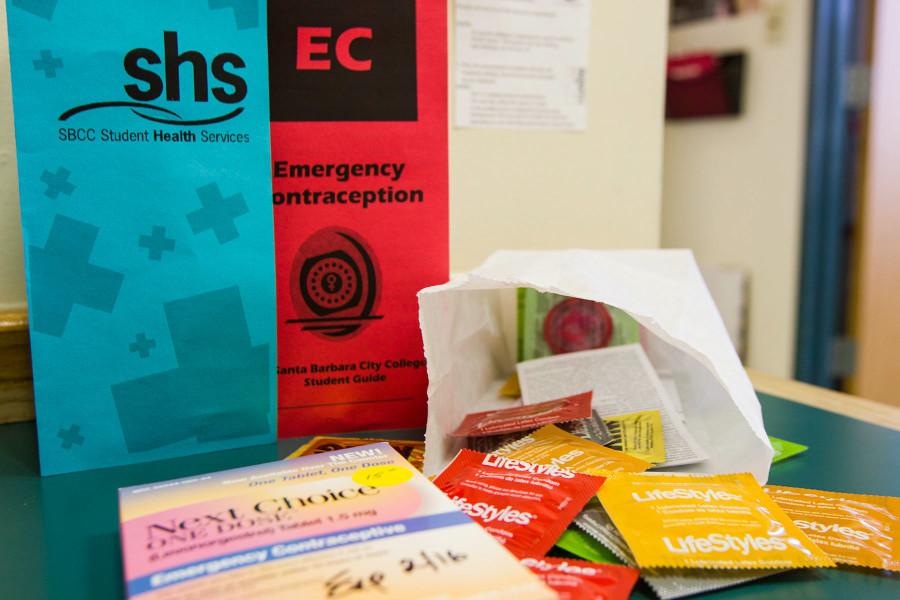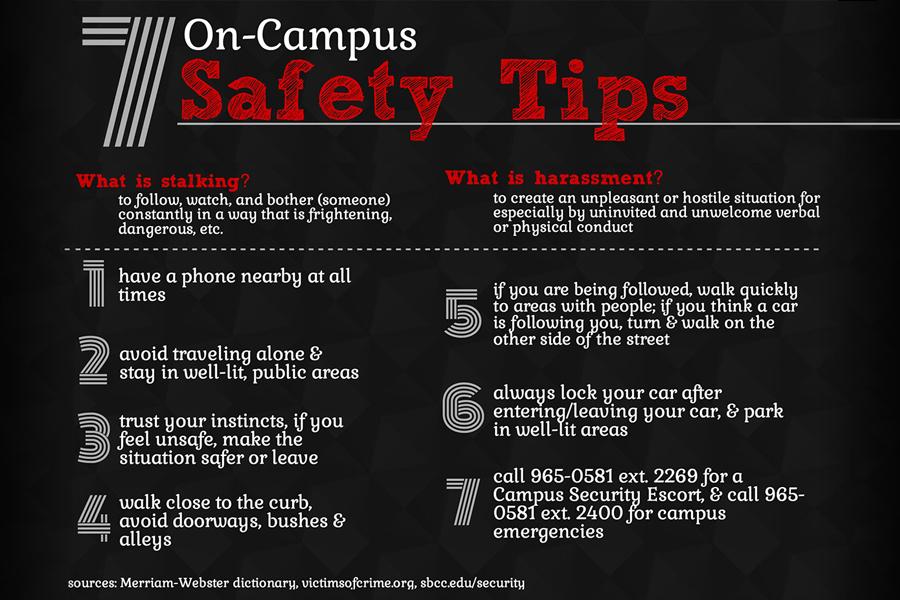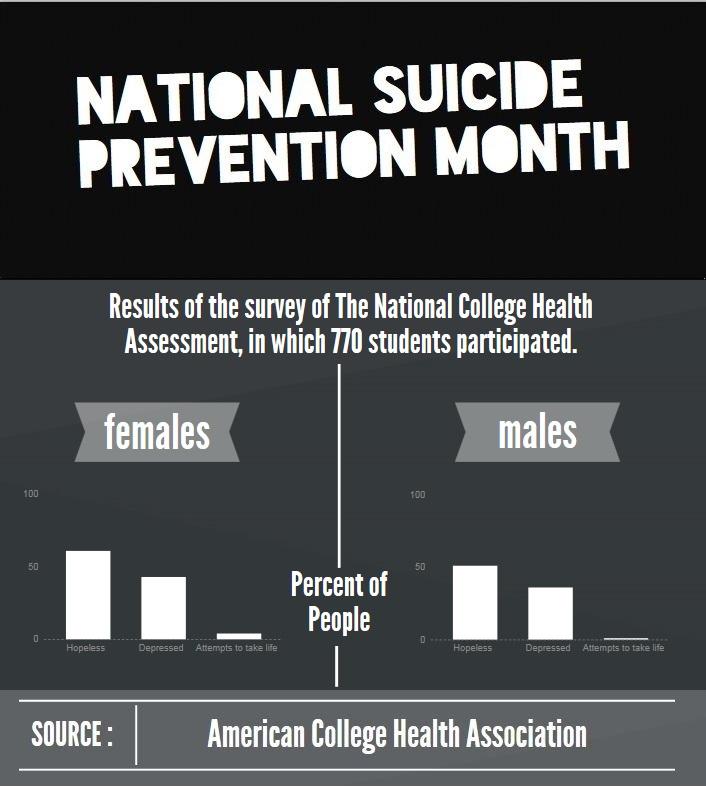City College’s Automotive Department may provide the education needed for students interested in saving money, working with their hands, and walking away with lifelong knowledge.
“Be responsible for taking care of probably the second most expensive thing you will ever buy,” save Dave Brainerd, chair of the automotive department. “Take care of it properly.”
Most classes are about an hour or two of lecture followed by two to three hours of lab, and students can bring in their own car to work on. With much to learn, the students need to stay on top of everything.
Introductory classes teach the basics about the modern car.
“You learn a little bit about each system of the car,” said Tim Gilles, an automotive technology professor. Gilles has been teaching at City College since 1974 and taught the other professors currently teaching, including Dave Brainerd, Bob Stockero, Josue Miranda and Gary Semerdjian.
The automotive department offers classes from the beginner level all the way to Engine Rebuilding and Engine Performance. People can even get their smog certificate here on campus.
If students take all the necessary courses, they would get an automotive certificate in two years. They then can use this to help them hired locally.
According to the Bureau of Labor Statistics, the local unemployment rate is nearly ten percent.
“It’s hard to find jobs due to the bad economy,” Brainerd said. “You’re less likely to be hired as an apprentice, but things will change.”
An apprentice does the very basics working at a shop, like being an intern. Going to any auto shop for a repair may come as intimidating for most and often very costly. Most shops in the area can charge as high as $100 or more per hour. According to Gilles, taking advantage of learning how to do some of these repairs will save a lot of money.
“I’ve probably saved a few hundred dollars because of what they provided for me,” said automotive technology student Juan Corona.
You become more confident in figuring out how things work and how to fix them. It allows you to also try to fix problems you may encounter at home thus saving you money, Brainerd said.
“Students become more aware of the maintenance, more conscious of keeping the car safe,” he said. “What may appear to be a slight problem, may be more serious to you now.”
Common maintenance items include oil changes, battery replacements, valve adjustments, replacing belts, changing tires and more. Maintenance isn’t really getting harder, but diagnosing is and that’s what why you need to take some of these classes, Gilles said.
“I’ve done a brake fluid flush, replaced shock absorbers, wheel bearings, balances tires and more,” said automotive technology student Daniel Desandre..
Brainerd went through the automotive program here at City College himself. Following his education, he worked at a couple of gas stations, as an apprentice, moved up to the auto dealership, and then changed into the education field. Brainerd worked for nearly 15 years at local high school auto programs before coming to work at City College in 1997.
“Don’t fool around,” he said. “You can take a lot out of it.”
When asked about how our school compared to the rest as far as the Automotive Program goes, both Gilles and Brainerd have similar views. Gilles said that we are “way at the top, well equipped, and great administrative support.”
“We aren’t as big but are well equipped and have good teachers,” he said. “Definitely one of the better schools.”
– Aaron Bilane is a Journalism 101 student









